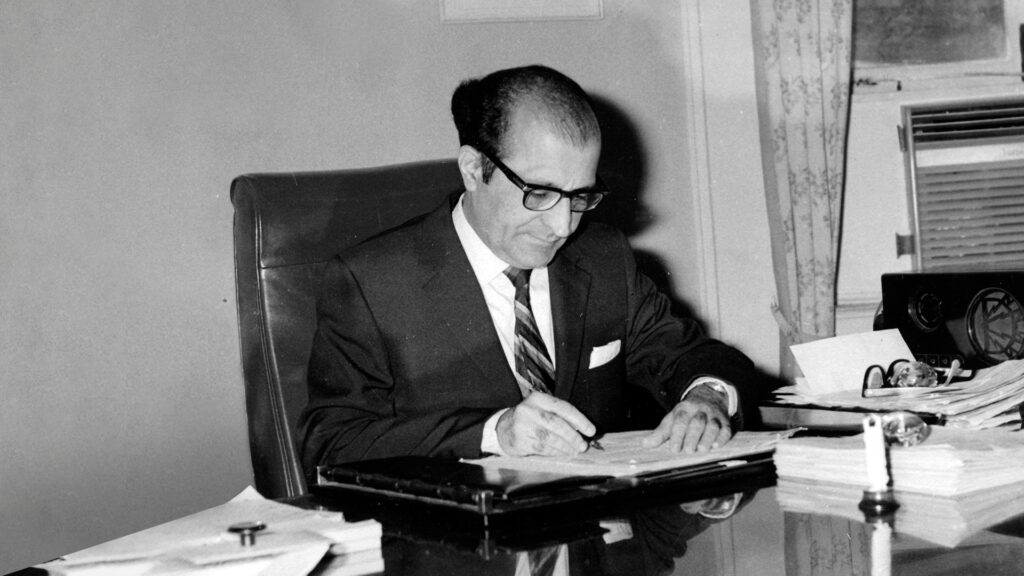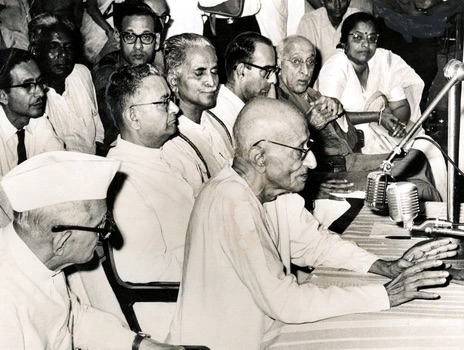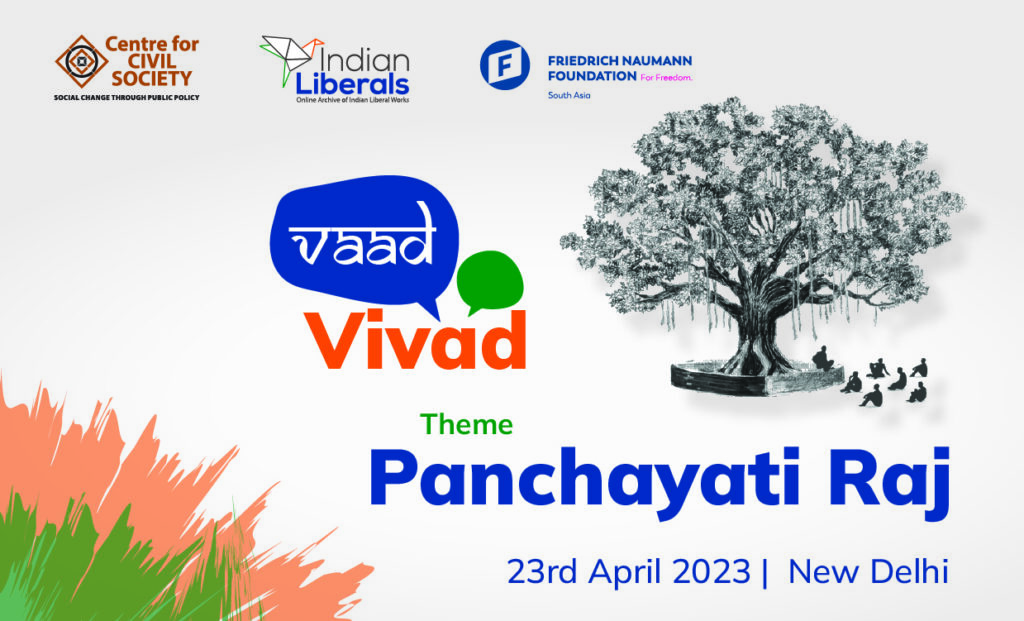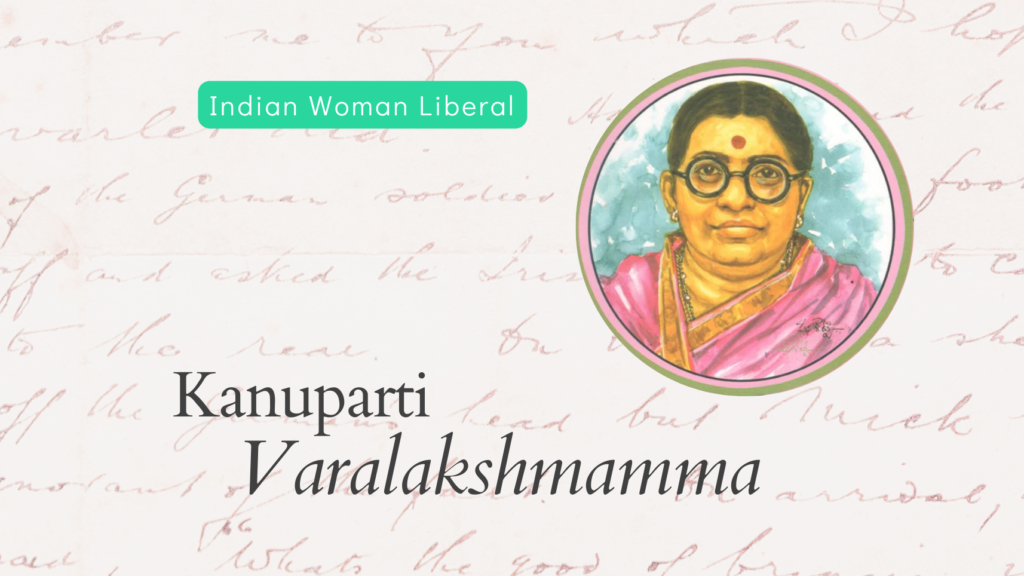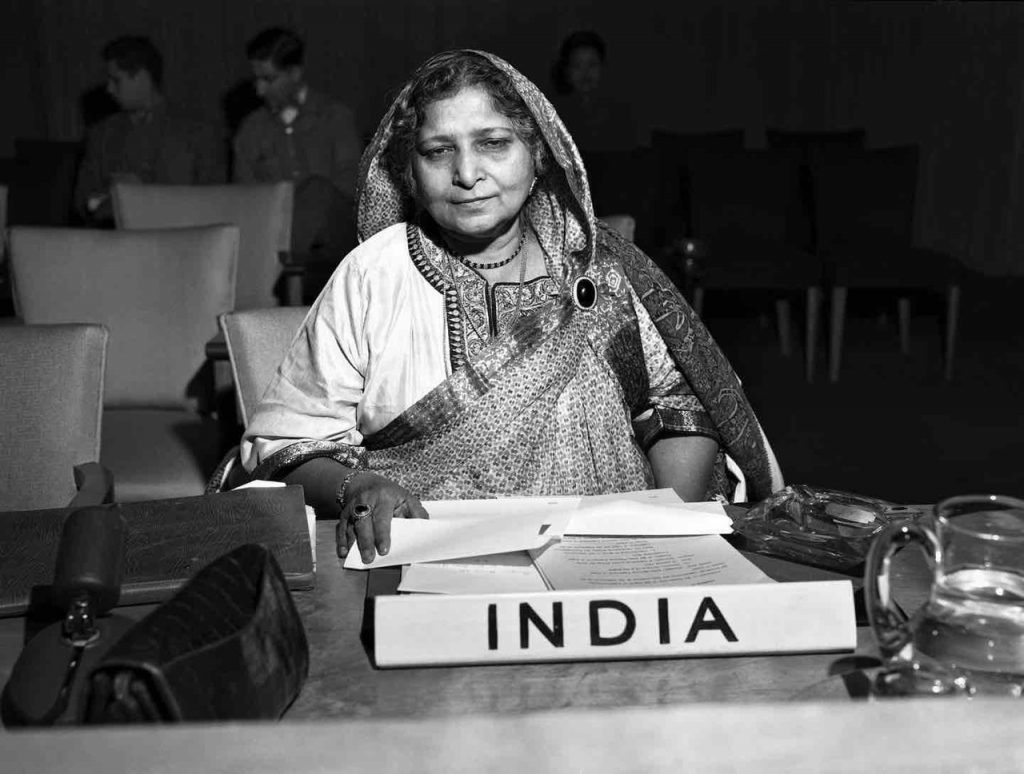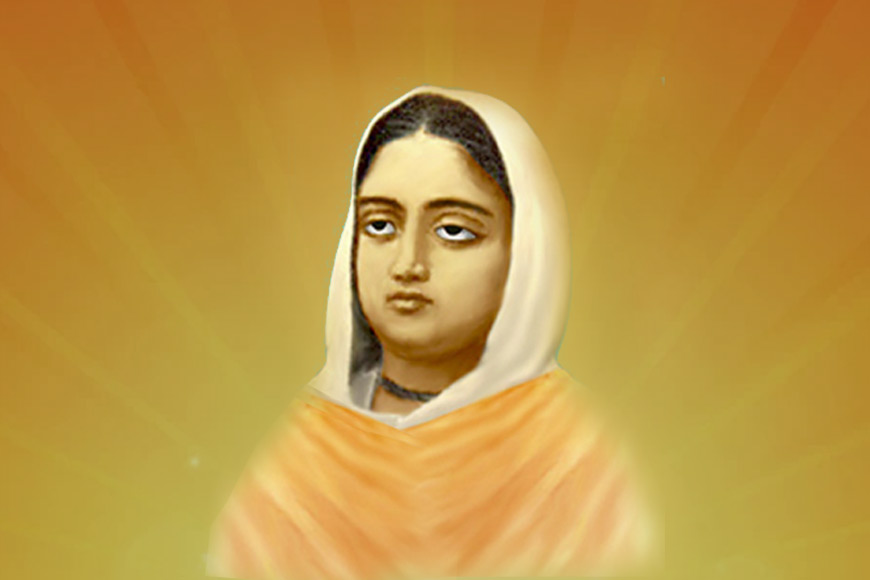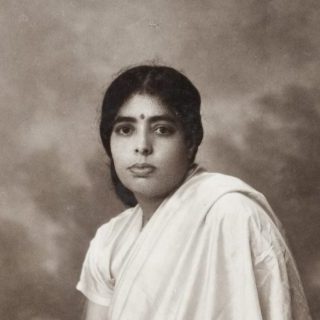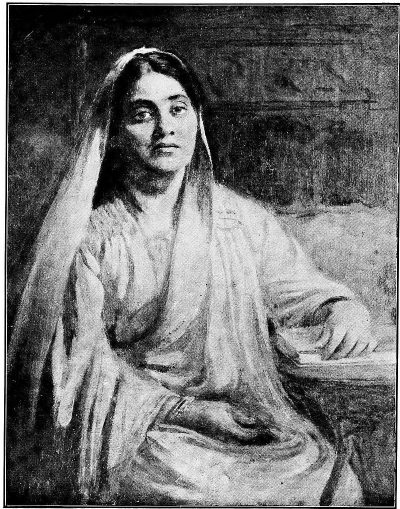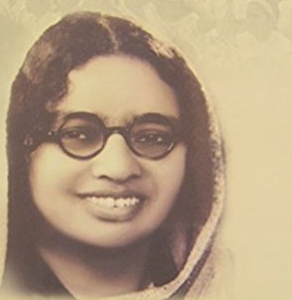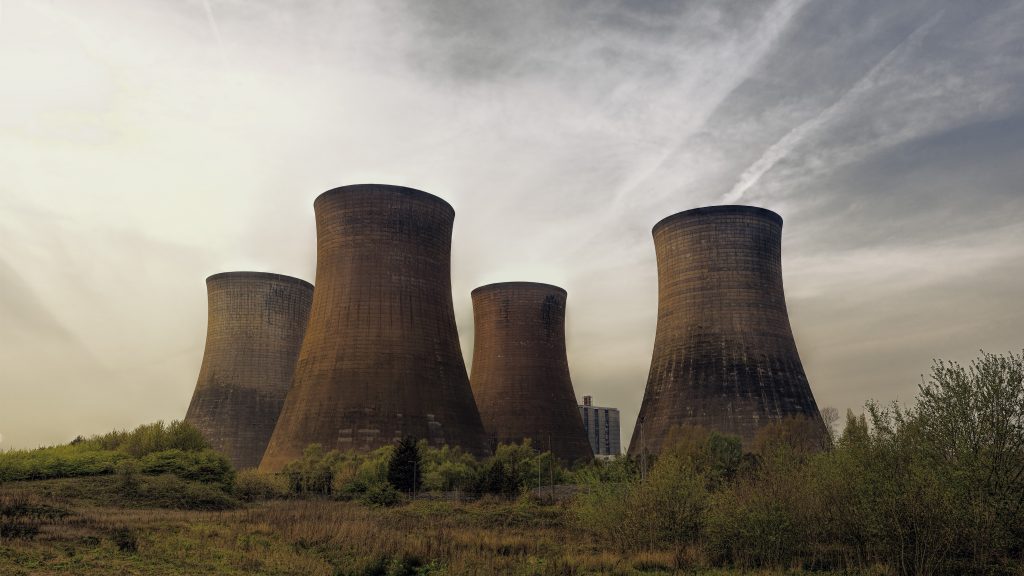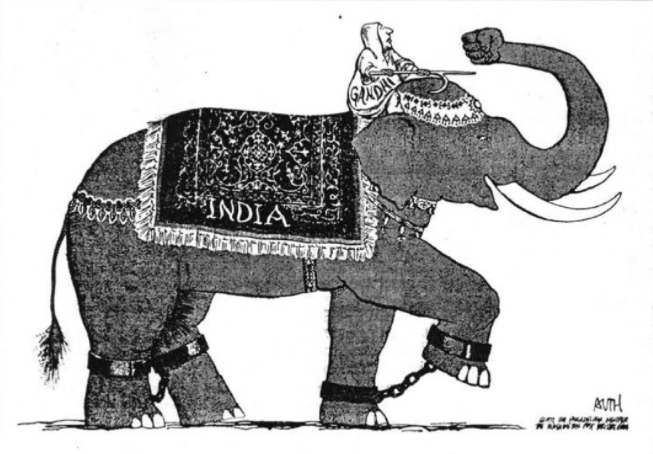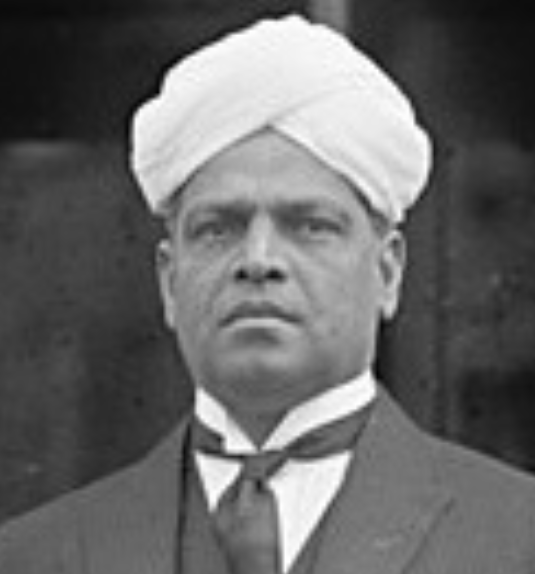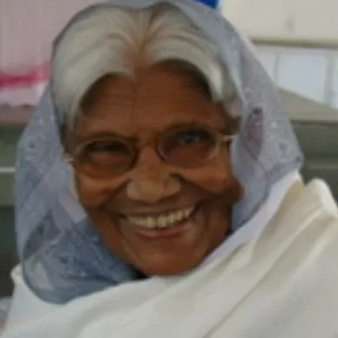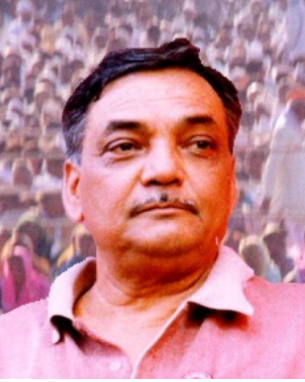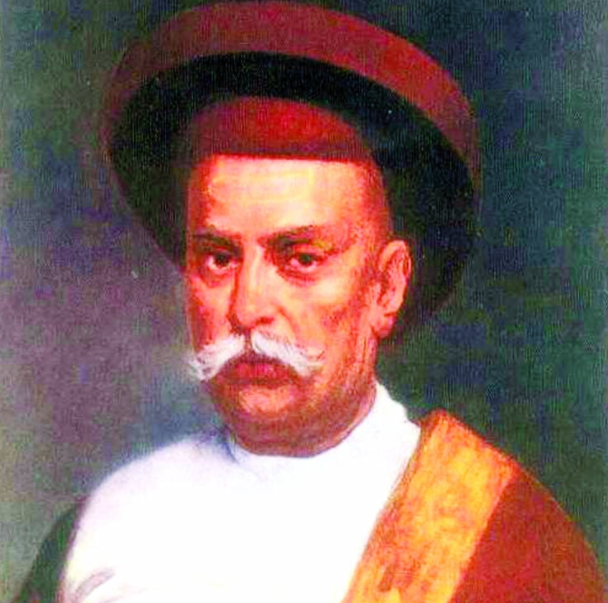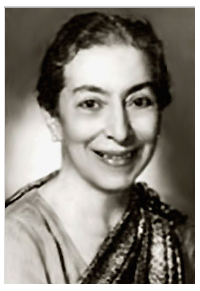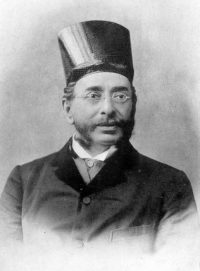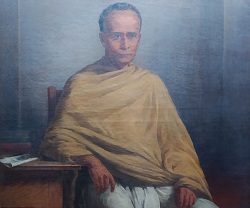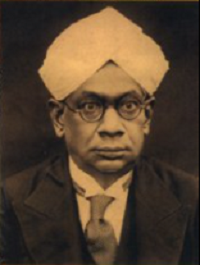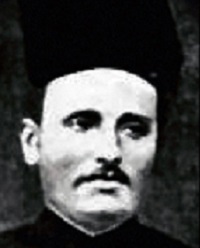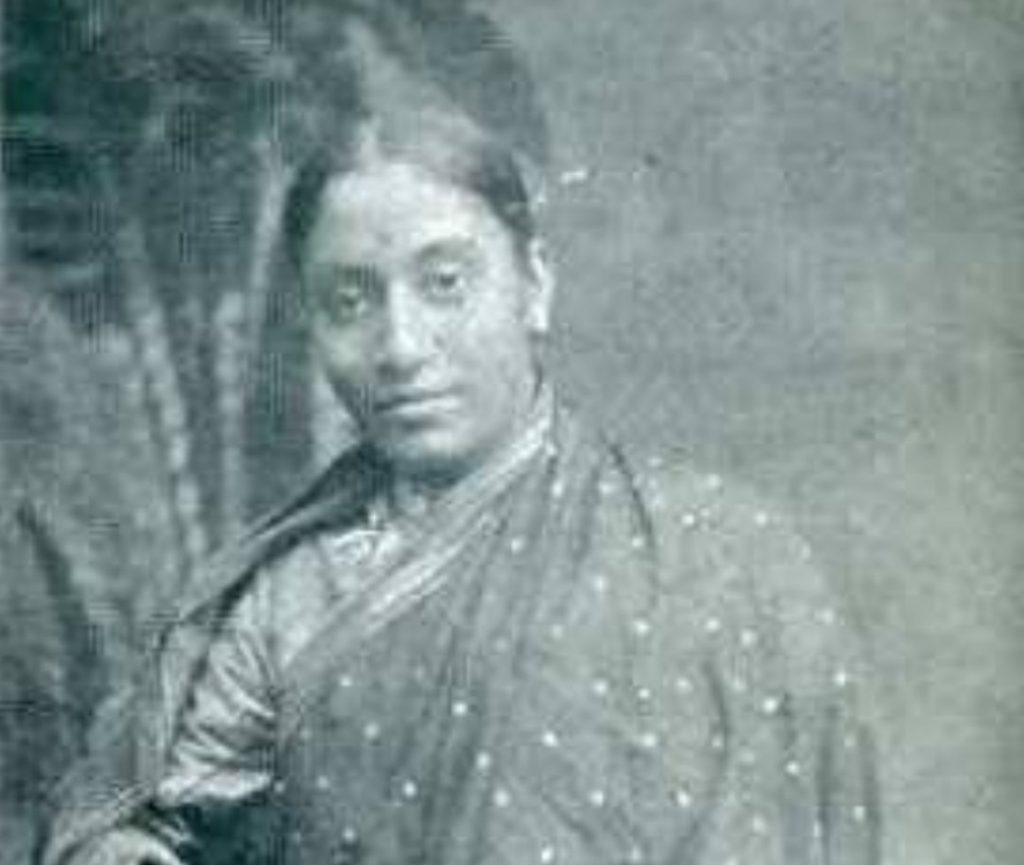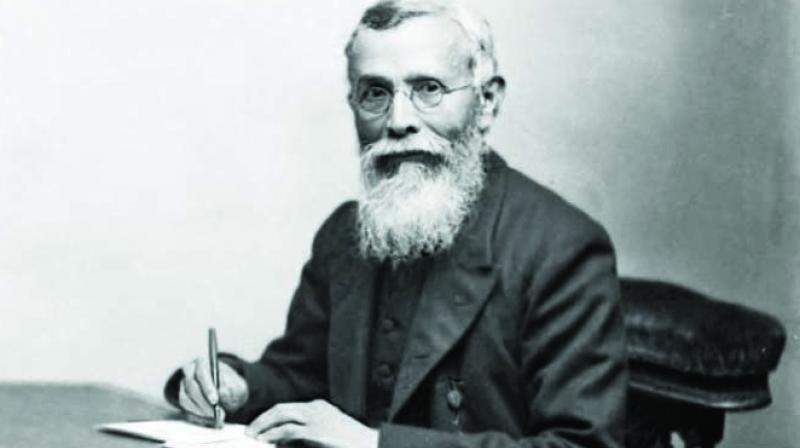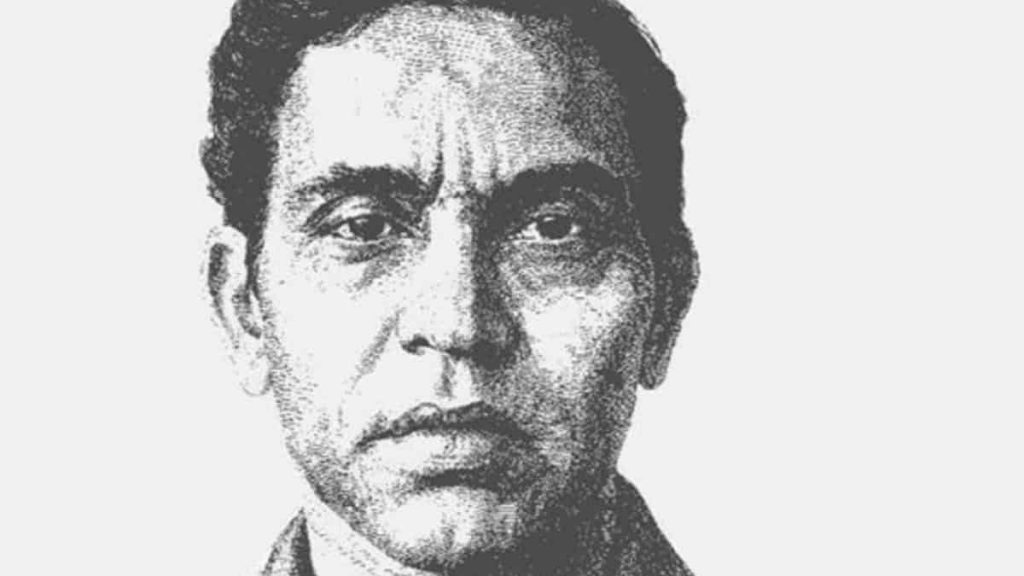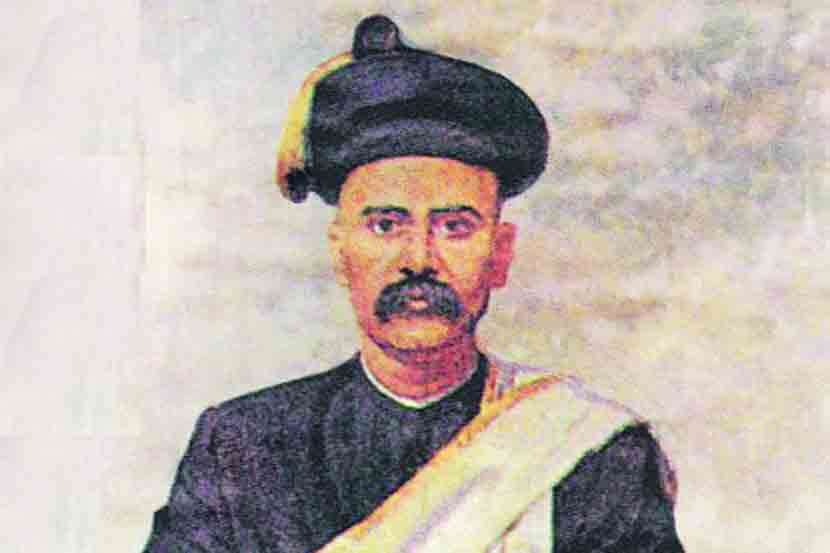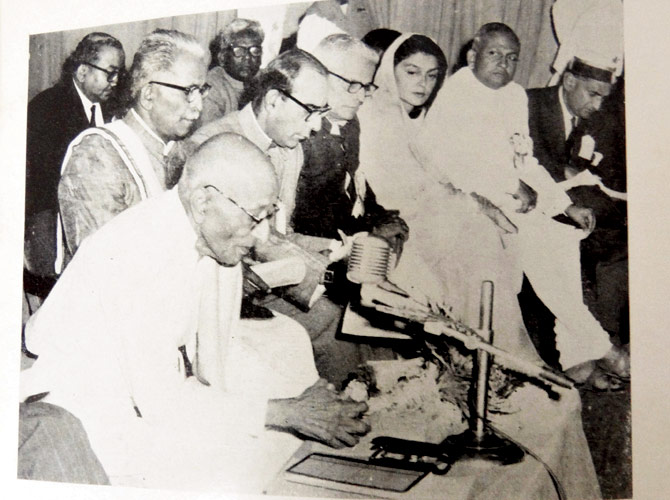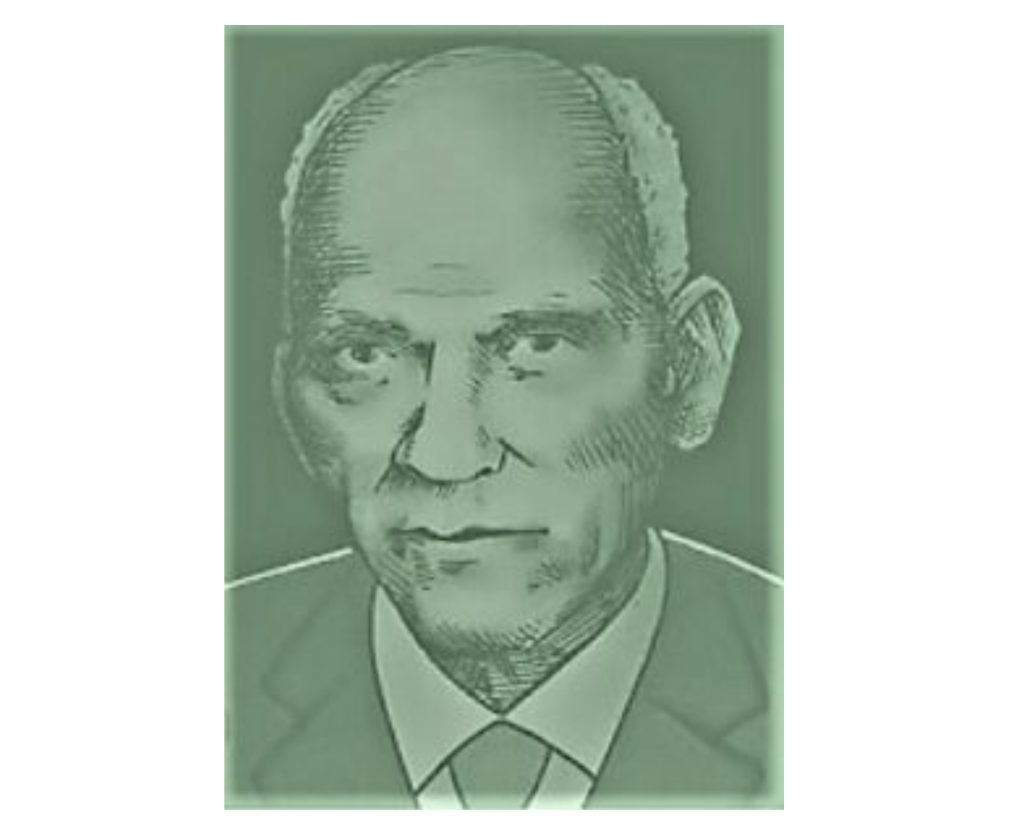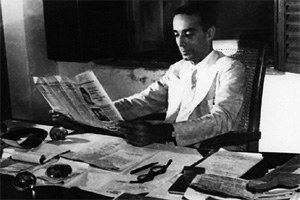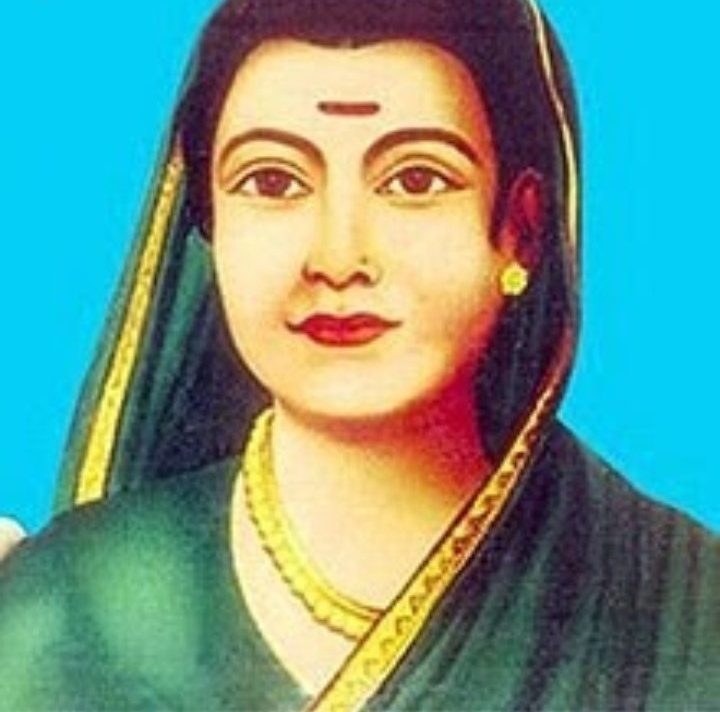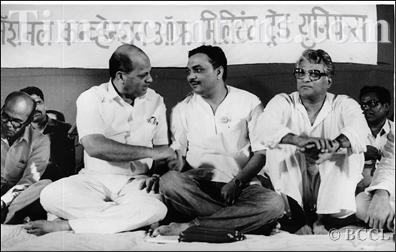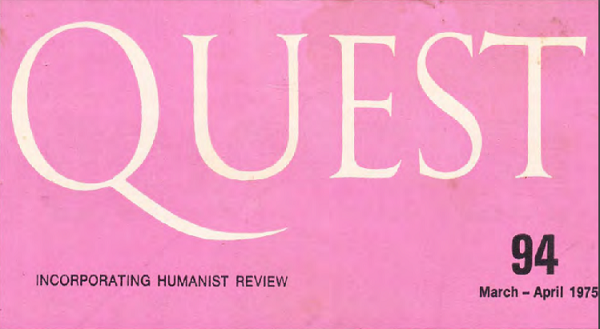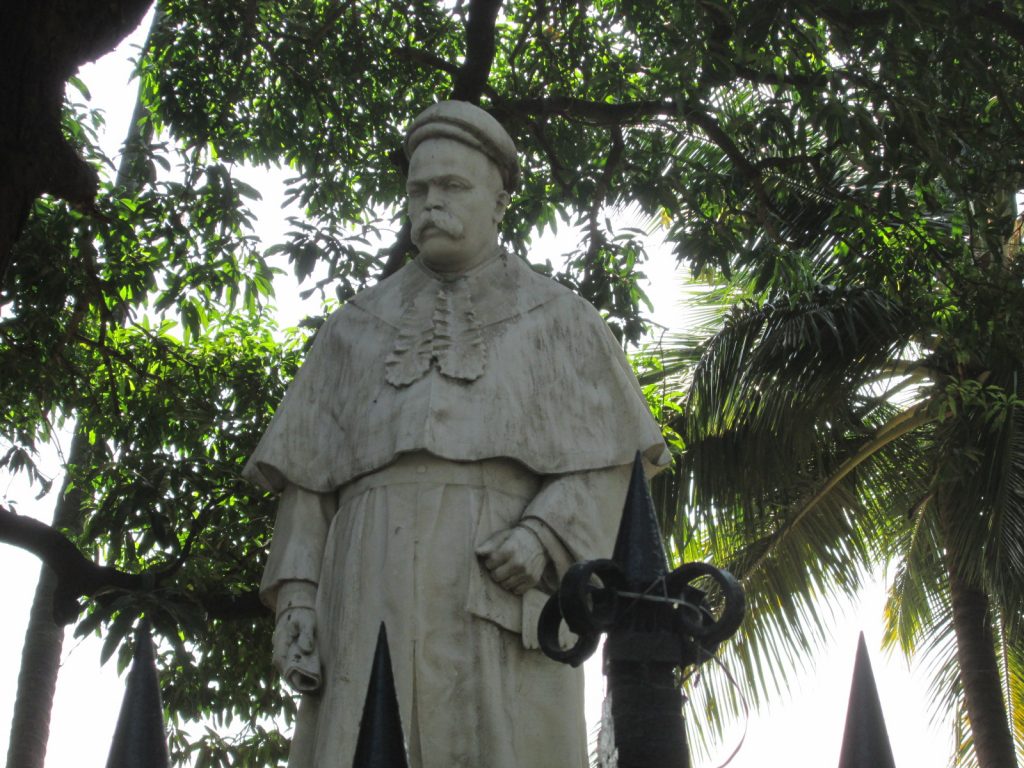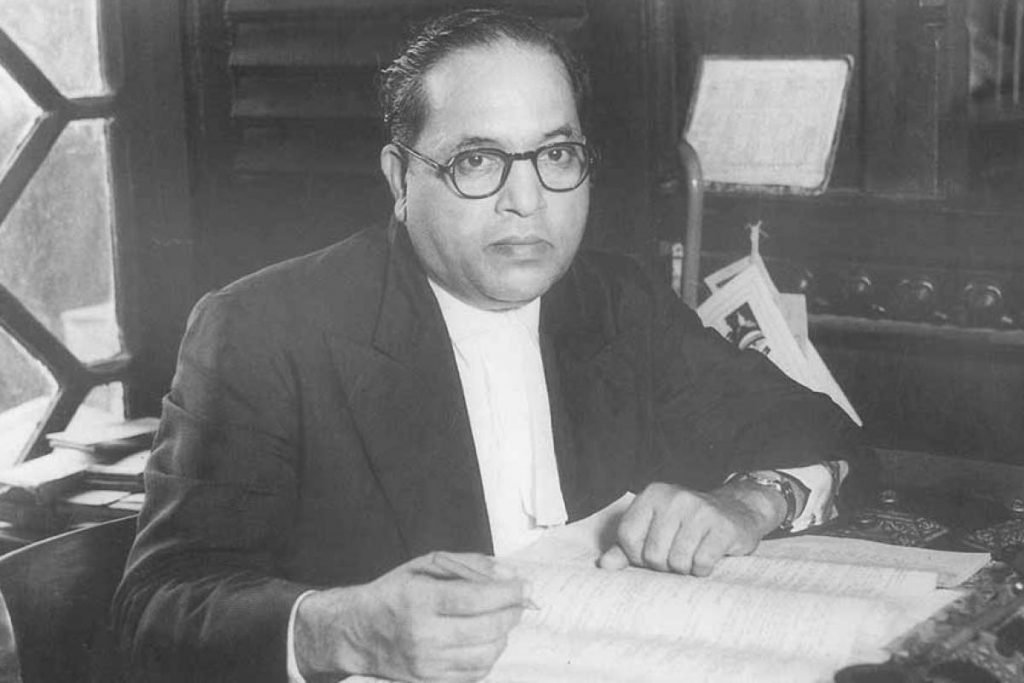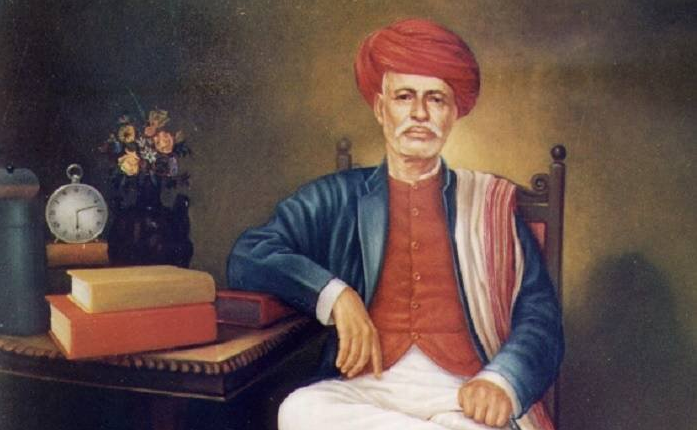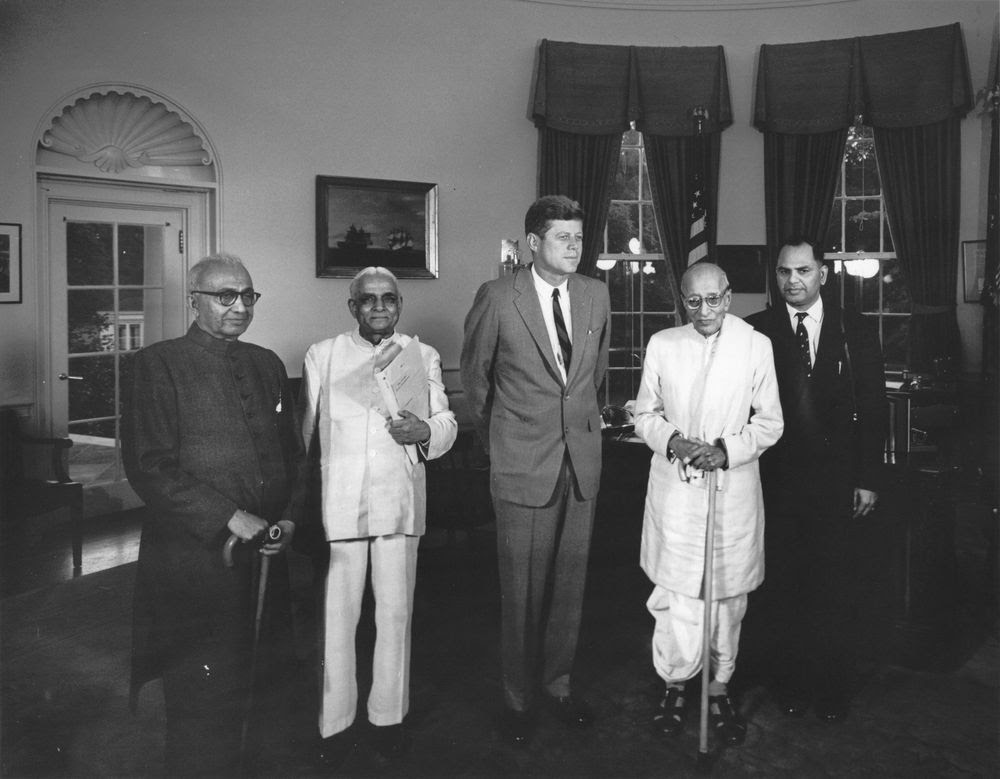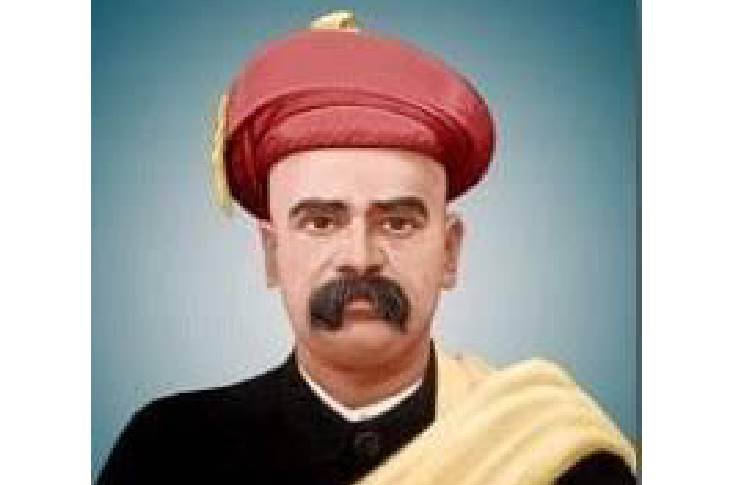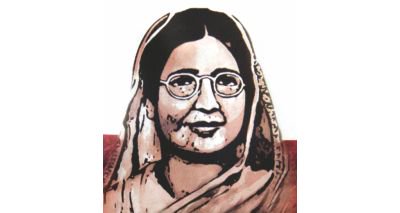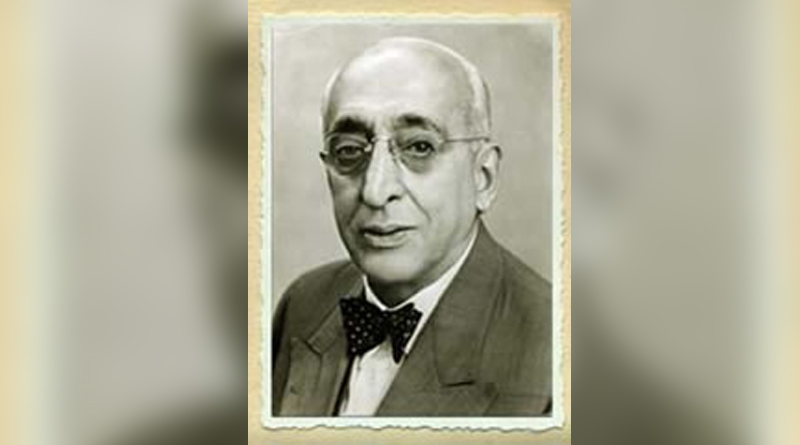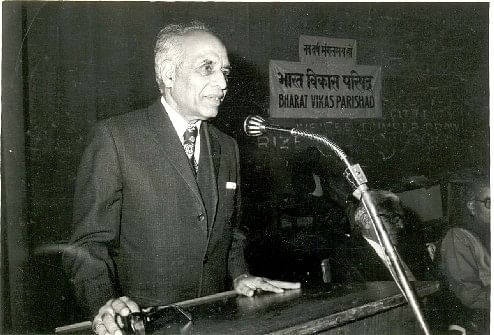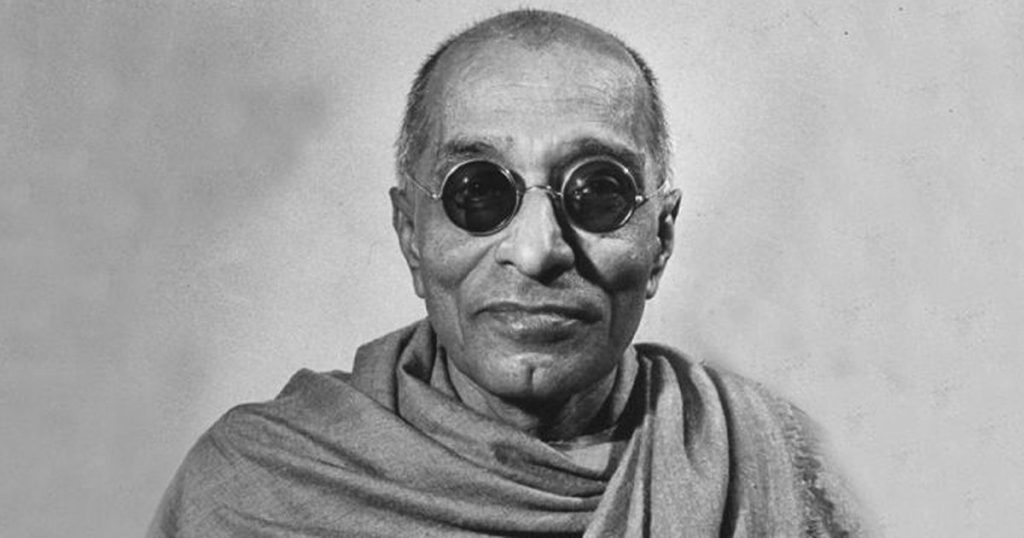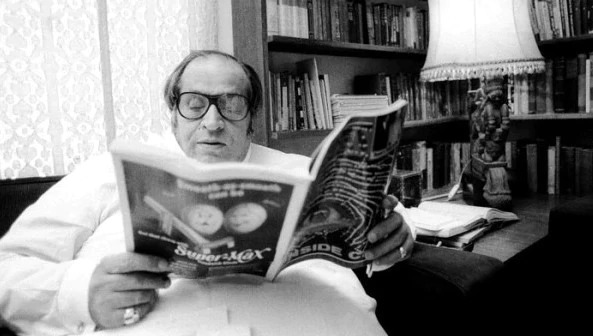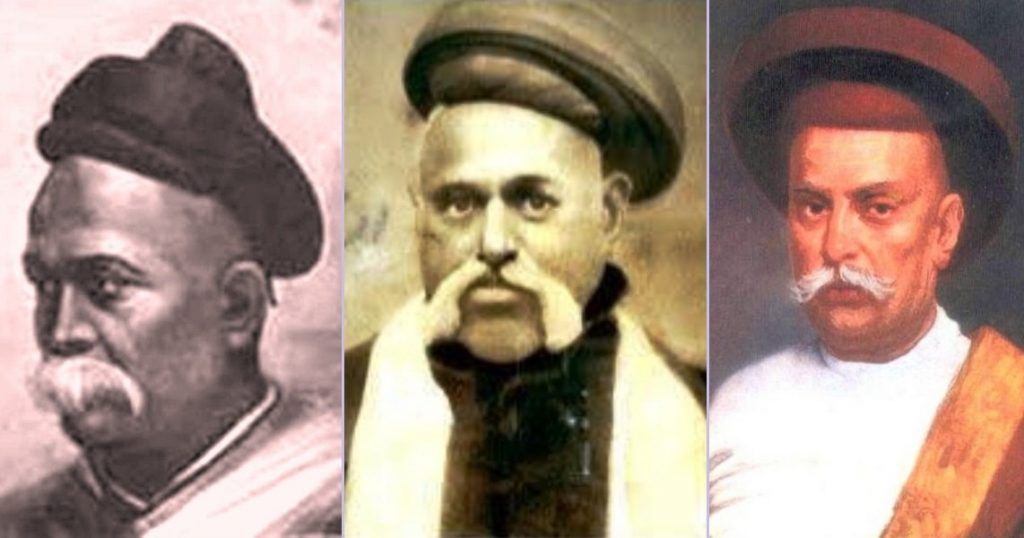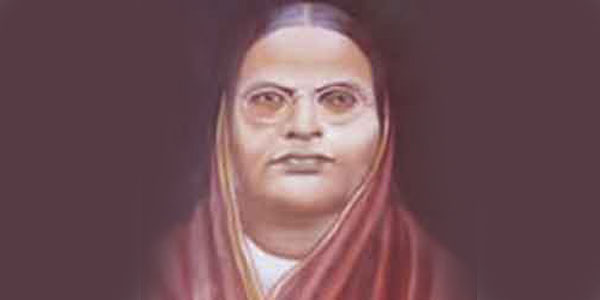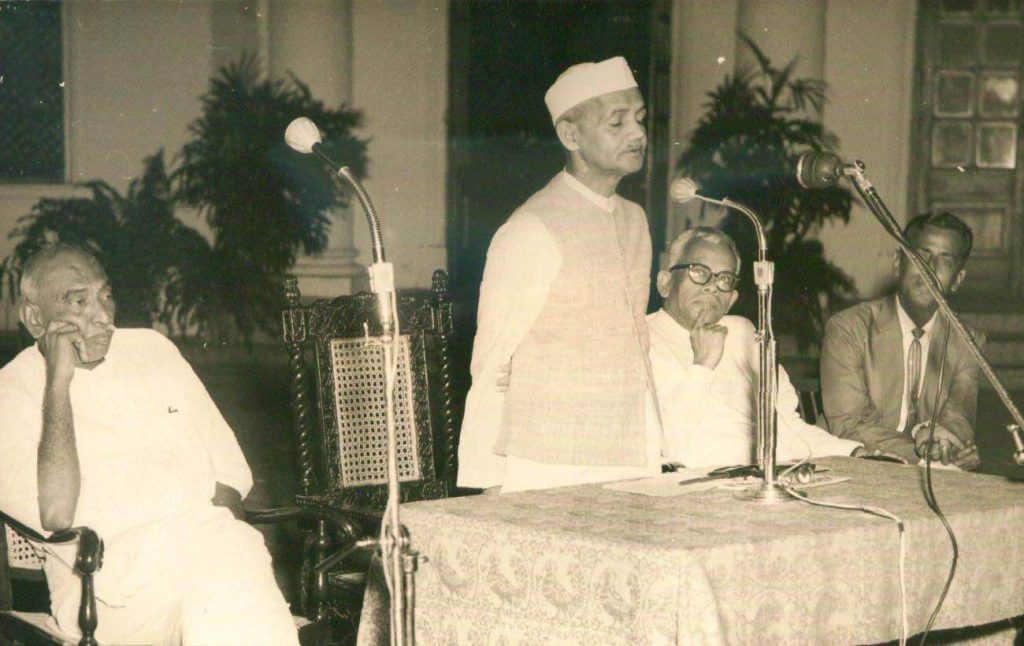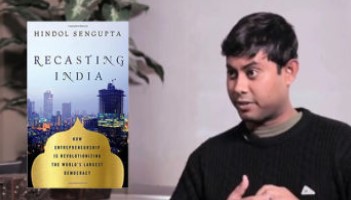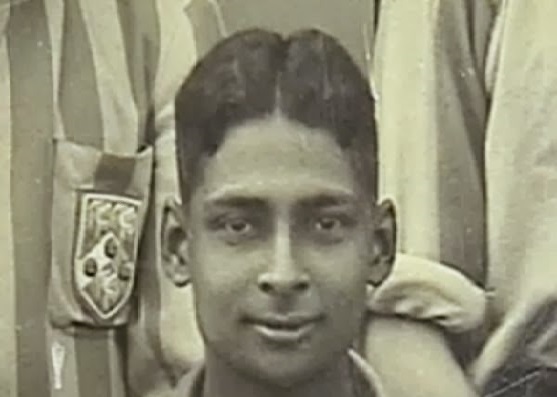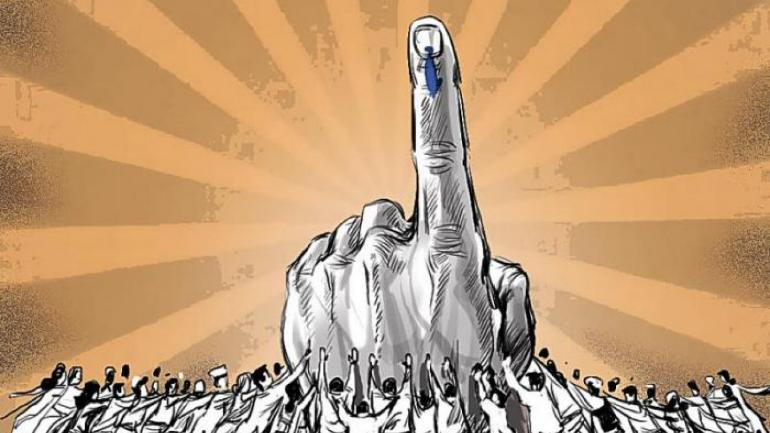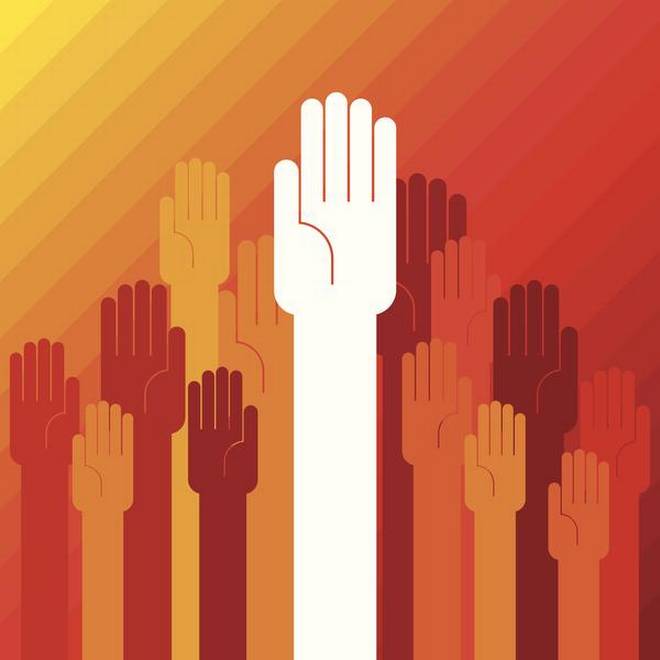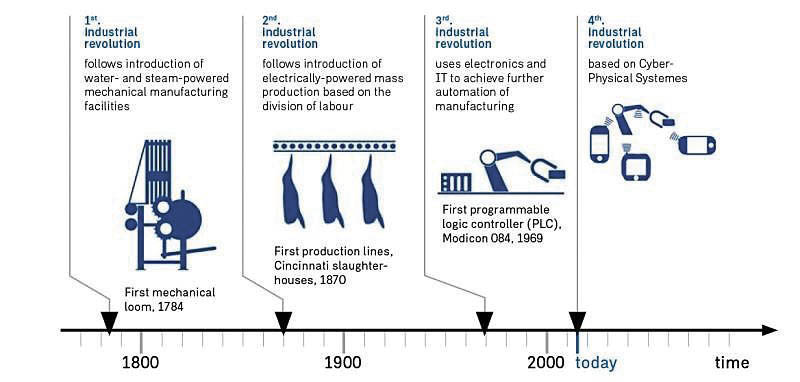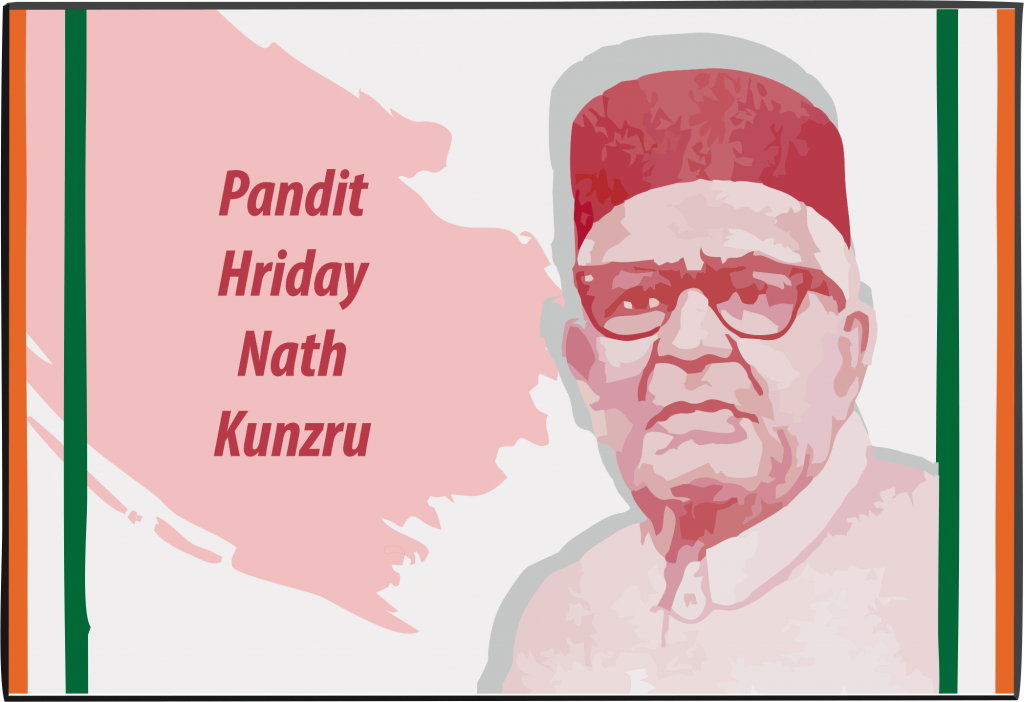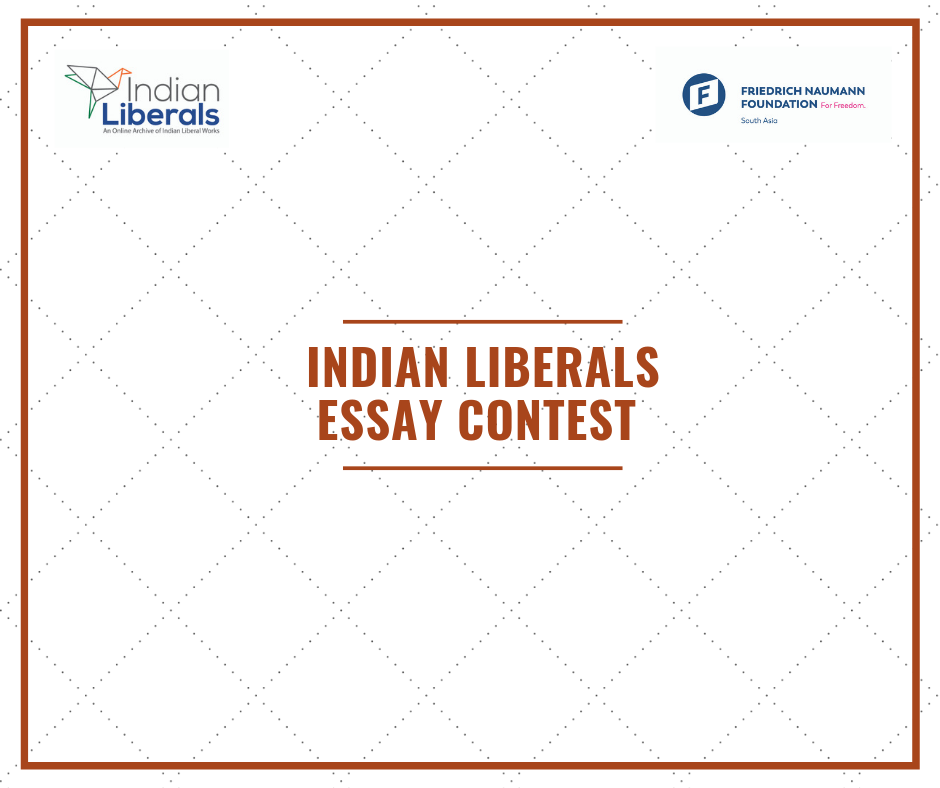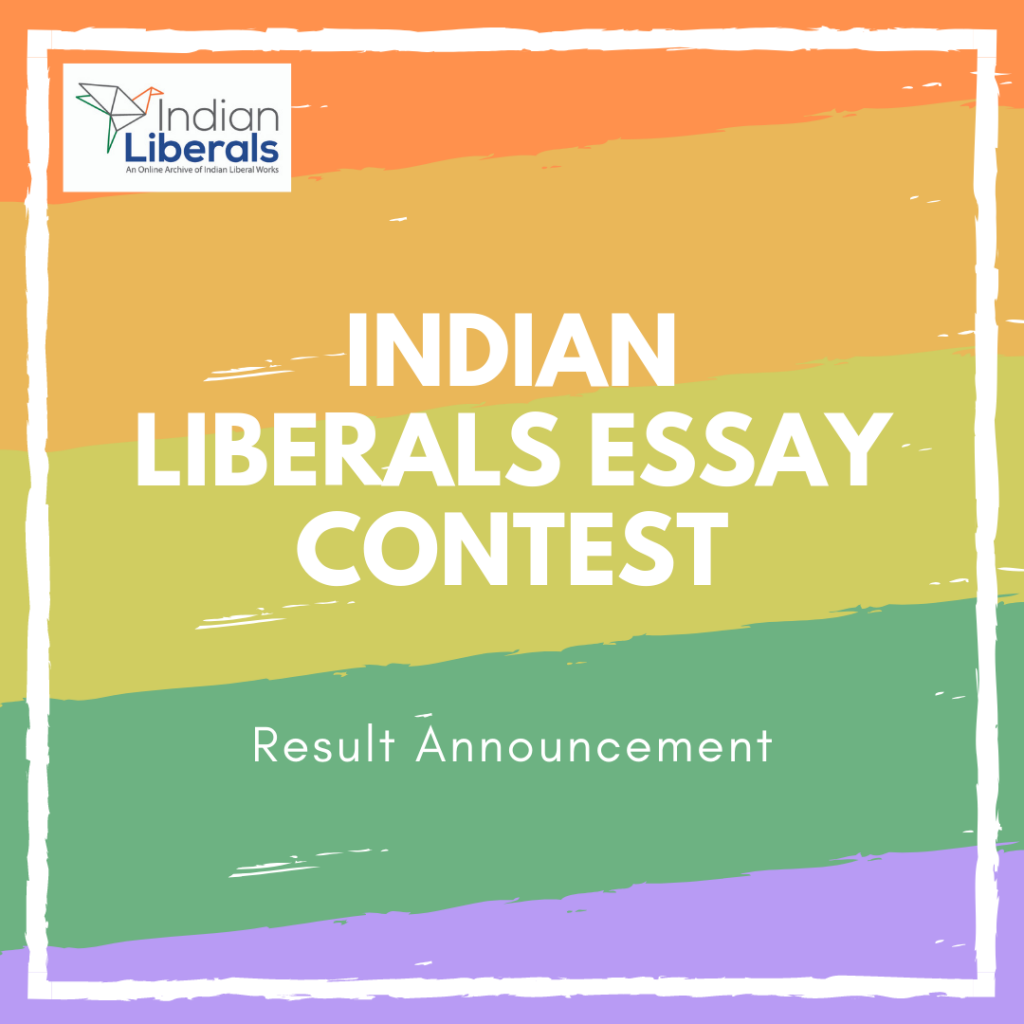Opinions
Palkhivala’s Lost Battle Shapes the Future of Indian Online Gaming
In 1957, the courtrooms in India witnessed a high-stakes legal battle. It was fought in two innings, first in the Bombay High Court and later in the Supreme Court of India. The Supreme Court's verdict in R. M. D. Chamarbaugwalla vs. Union of India outlined core principles to determine if any economic activity constituted gambling....
N. Dandekar on the Role of the Indian Navy
When the world was divided between the communist and the capitalist blocs, India chose to remain non-aligned. The Indian government decided to use its resources primarily to undertake developmental programmes.
The Swatantra Way for Forging a Formidable Coalition
India, the world’s largest democracy, recently concluded its general elections. The date of the election results 4th June 2024 coincided with the date of establishment of the Swatantra Party. The formations that emerged from this largest electoral exercise in the world have more in common with the Swatantra Party than just the date.
Vaad Vivad on Decentralisation and Panchayati Raj in India
The Centre for Civil Society (CCS) in collaboration with Friedrich Naumann Foundation for Freedom (FNF) South Asia is pleased to announce Vaad Vivad on “Decentralisation and Panchayati Raj System” in India scheduled on 23rd April 2023 at CCS Office, New Delhi.
Kanuparti Varalakshmamma: A Feminist Writer And Social Activist
The following article revisits Kanuparti Varalkashmamma’s literary contributions to social change and improving women’s lives.
Anandibai Joshee: First Indian Woman Doctor
Anandibai went from being married at the age of nine by her orthodox family to becoming India’s first female doctor of Western medicine.
Shareefa Hamid Ali: A Pioneer of Intersectional Feminism
Ali was the president of the All India Women’s Conference and a founding member of the United Nations Commission on the Status of Women.
Rani Rashmoni Das: Reform in 19th Century Bengal
Das remains cemented in Bengali history through her liberal outlook, individualism, and reformist efforts.
Dr Janaki Ammal: India’s First Woman Botanist
Owing to her brilliance, Janaki was selected as a research fellow under C V Raman but she constantly faced gender and caste discrimination.
The Resolute Abala Bose: Educationist, Suffragist, Philanthropist
As a feminist, Abala Bose dedicated her life to championing the liberal cause, one that would put men and women on the same footing.
Forgotten Feminist, Educator: Fatima Sheikh
Fatima valued individual rights over social validation. The same is evident through her unapologetic and revolutionary contributions.
The Zealous Azizun Nisa
Azizun Nisa’s role as a strategist and her engagements have been overlooked in the mainstream narrative.
Iqbalunnisa Hussain: A Stalwart of Muslim Women’s Education
The act of writing and publishing a critique of patriarchy, entirely in English, was a giant act of rebellion on Iqbalunnisa Hussain’s part
India’s Nuclear Ambitions: Minoo Masani as a Liberal Peacenik
Masani valued butter in the classic guns versus butter debate as it corresponded to India’s nuclear policy under the PM Lal Bahadur Shastri.
Freedom First’s Resistance to Indira Gandhi’s Emergency
Masani clearly saw the Emergency’s threat to liberal democracy and opposed different manifestations of the threat.
V S Srinivasa Sastri: Diplomat, Politician, Liberal
Sastri asserted, “We want political power; let there be no mistake about it. We want the right to rule ourselves.”
Babytai Kamble’s Resolute Feminism
The identification and acknowledgment of the layers of oppression Dalit women face becomes crucial to achieve individual fundamental rights.
Why Remember Sharad Joshi?
He was a cosmopolitan, pioneered global greats of the era, who was beyond the boundaries of religion, caste, language, and nation.
M. G. Ranade on Wealth Creation
The genius of Ranade lies in the fact that he used data to substantiate his economic arguments. He used ballpark estimates when data wasn’t easily available.
Mithan Tata Lam – The Unexplored Life of an Indian Suffragist
Mithan rallied against sexism within the legal profession by asking “how can a woman be declared unfit without even being given a trial?”
The Moderate Liberalism of “Ferocious Mehta”
Mehta’s advocacy of local self-governance and moderation in politics though had to face challenges from the political extremism of Tilak which demanded “poorna swaraj”.
The Liberalism of Ishwar Chandra Vidyasagar
In his resort to rational argumentation, use of pamphlets to persuade public opinion and submission of a petition to the government, Vidyasagar emerges as a quintessential classical liberal.
C Y Chintamani: The Liberal Editor, Politician
“An extraordinarily intelligent man, I think the cleverest Indian in debate I have yet seen.”
Karsandas Mulji – The Forgotten ‘Indian Luther’
Mulji’s reform agenda was “not simply about liberating liberal subjects but rather about producing them.”
Rukhmabai – An Unrelenting Force Against Patriarchal Norms
Rukhmabai’s contributions in the areas of medicine and social justice formed the foundation of the subsequent Indian feminist movements.
Dadabhai Naoroji: Social Reforms, Transnational Connections and Statistical Liberalism
In his decades-long career in Britain, Naoroji laboured relentlessly to popularise the Indian cause.
Hamid Dalwai and the Muslim Satyashodhak Mandal
The Muslim Satyashodhak Mandal believed that the sanctimonious people from all major religions in India have escaped from accepting modern secularism in its truest sense and have resorted to a fraudulent term called ‘Sarvadharma samabhav’.
GG Agarkar : Modern Indian Liberal and Reformer
The great Indian classic liberal that he was, Agarkar championed the cause of rationality and women emancipation in colonial Maharashtra.
Swatantra Party : A Big Tent Challenge to Congress Hegemony
What enabled this coalition of disparate groups was the Nehruvian Congress’ grip over political power which effectively turned India into one-party democracy and a radical left drift in economic policy.
B.R. Shenoy : India’s First Neoliberal?
The recent revival of interest in Shenoy has undoubtedly been enabled by India’s post-liberalization moment.
Minoo Masani : From Socialism to Liberal Swatantra Party
In Masani, Indian liberals should find a more appropriate icon to emulate.
The Unwavering Feminism of Tarabai Shinde
Tarabai Shinde deserves to be known as one of the early feminists of India and a figure who espoused the cause of liberty through her commitment to equal rights for women.
Sharad Joshi and the Crisis of Trade Unions
If the economic reforms exposed the Indian capitalists to outside competition, they also reduced the vulnerability of the capitalist vis-à-vis the union leaders.
Indian Liberals, Quest Magazine and India’s First Dictatorship
In what could be seen as the unfolding of high modernist ideology, Quest’s criticism took the form of rationalist railing against the religious objection to family planning.
M.G. Ranade on Revival and Reform
Ranade’s ideas were so distinct because he managed to have a fine blend of Indian sensibility and Western Liberalism.
B.R. Ambedkar on Justice Ranade, Social Reform and Failure of Indian Liberalism
Ambedkar argued, that the leading liberal figure reposed his faith in Congress, effectively paving way for a single party hegemony.
The Radical Humanism of Jyotiba Phule
In his struggle against the caste system, Jyotiba Phule’s innovation lay in overturning the ideological foundation of what he called Brahmanical order.
Rajaji’s Views on Nuclear Bomb
Rajaji’s intellectual activism for a world safe from the menace of nuclear weapons stemmed from the conservative concern for stable order and was guided by a belief in the efficacy of Gandhian civil resistance to power.
G.G. Agarkar : Revisiting a Misunderstood Legacy
Agarkar’s commentaries may be carrying a tinge of the ‘enlightened despotism’ that was the characteristic of philosophical radicals, but his works are still very useful to understand his diligence to expose common people to liberal-individualistic ideas.
Women and Liberalism : The Life of Begum Rokeya
Her life was itself her message and although she never focussed on defining herself within an ideological spectrum, most of her life struggles were indeed integral aspects of the liberal tradition.
Homi Mody’s Liberalism: From Pro-Business to Pro-Market
For Homi Mody, excessive regulation and increased outlays on planning posed a threat to economic freedom inherent in a democracy.
Justice H.R. Khanna and the Art of Speaking Truth to Power
Justice H.R. Khanna deserves his own niche and spotlight in the history of the growth of liberalism in the Indian context.
C. Rajagopalachari’s Thoughts on Culture
Rajaji defines that “culture is not just character or morality. Character is the inside of a man. Culture is external rather than internal. Culture has more to do with behaviour and way of living than with character. Broadly speaking, culture is external though of course, it has much to do with character too. Because, the outside has always much to do with the inside.”
Piloo Mody: Swatantra’s Witty Parliamentarian
An architect by training and the son of venerable Parsi entrepreneur Homi Mody, Piloo also had a long political career as a parliamentarian.
Poona Sarvajanik Sabha and Its Liberal Affiliations
The Sabha played a crucial role in creating a civic consciousness and public sphere in Poona and the nearby rural areas of Deccan.
Women and Liberalism : The Life of Ramabai Ranade
A distinctively liberal feature of Ramabai’s work is how all women, despite their social or economic background, were accepted in the Seva Sadan. In her times, even reforms and upliftment activities were largely biased towards middle and upper class women.
The Aborted Promise of Economic Liberalisation in Mid-1960s
Shastri’s appointment as the PM was welcomed by the business community for his non-ideological, pragmatic approach and connections with the business class. This stood in contrast to the socialist-minded Nehru who preferred to hobnob with the modern, secular intelligentsia instead of courting relations with the traditionalist businessmen operating in his mixed economy.
Indian Liberals Interviews Hindol Sengupta
An award-winning author of nine best selling books, Hindol is an author and journalist. His book, “Recasting India” was shortlisted for the Hayek Prize while his other book, “Being Hindu” won the Wilbur Award in 2018. He has worked for Bloomberg TV, CNN and CNBC. In 2011, he was voted by the global ideas platform...
Hauling Down the Angels
Founders and investors in India have been roiled by the angel tax controversy. Who is responsible for this looming crisis and has the government found ways to address this issue? In 2016, the newly formed government launched the startup India initiative to nurture innovation and promote startups in the country. This initiative, inter alia, set...
Harish Chandra Mukherjee – A less known liberal
In the pre-independence era, two editors left an indelible mark on Indian journalism. Both of them were Bengalis. While one has been described as the father of Indian journalism, the other was a crusading commentator on events of his time. Ramachandra Chatterjee was the editor of The Modern Review (1907-1965) while Harish Chandra Mukherjee of Hindu Patriot...
The Imagined Democracy in India
THE IMAGINED DEMOCRACY IN INDIA: A DEMOCRACY MINUS DISSENT? - Dileep P Chandran (Fifth Prize Winner, Indian Liberals Essay Contest 2019) Democracy, in practice, is a rowdy affair. The definitional lacuna between the notions of democracy and majoritarianism is becoming less significant today. The ‘sacred’ sovereignty of states is an untouchable entity even for its...
Diversity, Democracy, and Dissent
DIVERSITY, DEMOCRACY AND DISSENT - Lakshmi Ramanandan (Fourth Prize Winner, Indian Liberals Essay Contest 2019) Not much has been talked about Yuyutsu, Kaurava’s half-brother from the epic tale of Mahabharata. He openly protested against the injustice meted out against the Pandavas and decided to fight with them, against his own brothers. Cut to the modern...
Encoding Privacy in a Digital World
Encoding Privacy in a Digital World - Shivani A Tannu (Third Prize Winner, Indian Liberals Essay Contest 2019) Introduction and Relevance of the topic The rise of internet and social media has led to privacy concerns as it encroaches our personal space and gives the online social providers access to the user’s personal data. The...
Fourth Industrial Revolution – What it Means for India?
Fourth Industrial Revolution - What it means for India? - Tanisha Mitra (Second Prize Winner, Indian Liberals Essay Contest 2019) The Fourth Industrial Revolution is a term which was coined by a gentleman by the name of Klaus Schwab, the founder and executive chairman of the World Economic Forum. He defines the world as a...
Hriday Nath Kunzru – The Liberal Institution Builder
The trajectory of liberal nationalism in colonial India is characterized by an early prominence followed by a steady marginalization in the nationalist discourse. The moderate phase of the Indian National Congress reflects a strong liberal tradition which is also well-recognized. However, the liberal contribution to the nation-building project after 1947 remains sketchily documented. The liberal...
GG Agarkar- Modern Indian Liberal and Reformer
The modern liberal tradition in Maharashtra has seen many remarkable individuals furthering the cause of individual dignity and human freedom. The prominent figures include western-educated M G Ranade, P M Mehta, K T Telang; orientalist R G Bhandarkar; nationalist Bal Gangadhar Tilak; and moderate S N Banerjee, Dadabhai Naoroji and Gopal Krishna Gokhale. Among the...
Encoding Privacy in a Digital World
Arguing that you don't care about the right to privacy because you have nothing to hide, is no different than saying you don't care about free speech because you have nothing to say." - Edward Snowden The privacy debate of today is a glass-half-empty, glass-half-full scenario. As soon as technophiles rejoice that “We’ve never had...
Events
Indian Liberals Annual Lecture 2023
"The Dilemma of an Indian Liberal" Introduction The Indian Liberals Project (www.indianliberals.in) is managed by the Centre for Civil Society, New Delhi, and supported by the Friedrich Naumann Foundation for Freedom, South Asia. Launched in 2015, indianliberals.in remains India’s only online digital portal offering an exhaustive and comprehensive archive of resources on the liberal thought...
Vaad Vivad on Decentralisation and Panchayati Raj in India
The Centre for Civil Society (CCS) in collaboration with Friedrich Naumann Foundation for Freedom (FNF) South Asia is pleased to announce Vaad Vivad on “Decentralisation and Panchayati Raj System” in India scheduled on 23rd April 2023 at CCS Office, New Delhi.
Indian Liberals Essay Contest
"They are slaves who dare not be In the right with two or three." - Minoo Masani An online repository of Indian liberal writings, indianliberals.in was launched in 2015. The intent of the Indian Liberals archive which presently hosts up to 50,000 digitized pages is to offer exhaustive and comprehensive resources on the liberal discourse...
Indian Liberals Essay Contest – Results
Results First Prize: Encoding Privacy in a Digital World by Simran Massie Second Prize: Fourth Industrial Revolution by Tanisha Mitra Third Prize: Encoding Privacy in a Digital World by Sihvani A Tannu Fourth Prize: Diversity, Democracy, and Dissent by Lakshmi Ramanandan Fifth Prize: The Imagined Democracy in India by Dilip P Chandran Congratulations to all winners and participants! Read the winning essays on the Opinion page.
comparing real and replica ap watch store in las vegas girls watches rolex knockoff japanese movement is it a cheapest rolex replicas on dream market real replica watches an jewlery ferrari king gold serial numbers on top replica watch need a winder tudor audemars piguet fake night diver watches watch top quality fake rolex using paypal women www.bestwatchreplica.co swiss made grade 1

